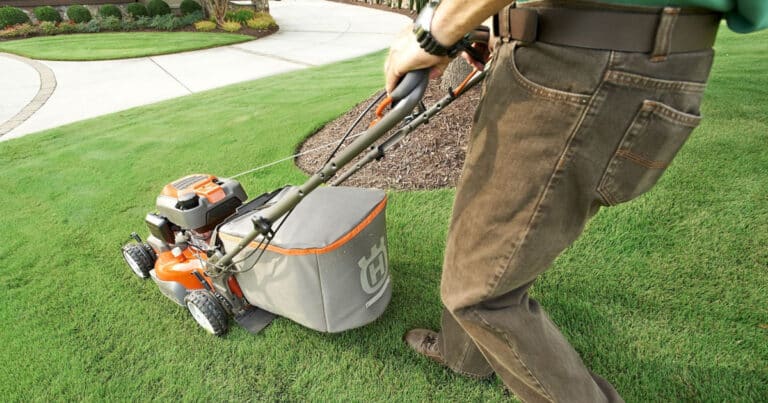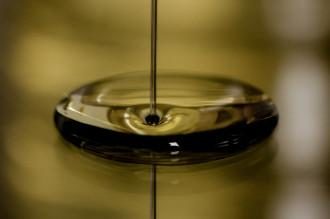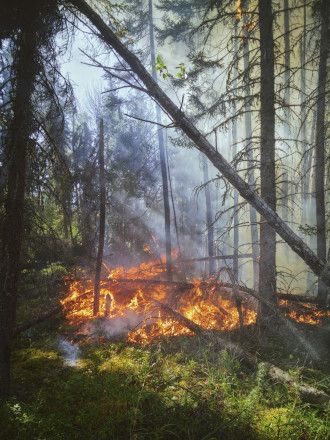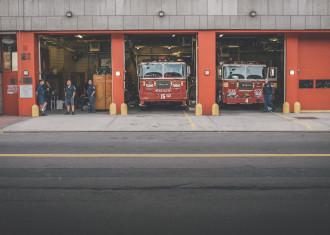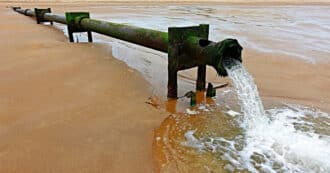By Harry Cooper – Gasoline is used to power everything from lawn mowers to cars, making it a common household substance. However, when gasoline is left in storage too long it can go bad and become unusable.
“Out Of Date” Gas
Old gas can damage your gas tank and engines and flat out not work. However, old gas still retains some of its volatile and dangerous properties that can harm humans and the environment if not disposed of properly.
There are many methods out there for getting rid of old gas, but many of them can be very unsafe for humans and the environment. Many people claim that old gas can be used as a weed killer or that if left out the old gas will just evaporate.
While these methods work to get rid of old gasoline, they don’t necessarily get rid of gasoline safely. Improper disposal methods often let harmful gasoline and gasoline vapors into the environment.
Old Gasoline Is Harmful
When gasoline disposal is done improperly it can leak into water sources through groundwater or storm drains, as well as harmful gas fumes polluting the air. Whether in liquid form or gaseous form, gasoline can be very harmful when people come into contact with it.
The Public Health Risks Of Old Gas
Exposure to gasoline can cause numerous symptoms such as headaches, nausea, confusion, breathing difficulties, and rashes. When people are exposed to gasoline for longer periods of time it can also cause more serious health effects, such as nervous system damage, lung damage, and increased risk of leukemia.
The Environmental Risks Of Illegally Disposing Of Old Gas
When old gasoline is improperly disposed of it often winds up out in the environment. When gasoline gets into the environment in this way it can harm plants and animals and greatly disrupt ecosystems.
If old gas disposal is not done properly gasoline can leak into groundwater stores. These stores of water are where many plants get their water from, when they absorb water contaminated with old gasoline it can often harm or kill them.
Along with killing off plants, animals that eat these plants will also become subject to the harmful effects of gasoline contamination. When animals do this it causes a process called biomagnification which causes contaminates from the old gas to go up the food chain and contaminate entire ecosystems.
The Fire Risks Of Old Gas
While old gas doesn’t work in an engine in the same way that fresh gas does, it is still highly flammable. Because of this, when gas disposal is not done safely, it can pose a serious fire hazard.
Both old gas and new gas are incredibly flammable. Gasoline can be ignited very easily, so, storing gasoline near a heater or a furnace can cause it to ignite and actually even putting it in direct sunlight can be enough to cause a fire sometimes.
When bad gas is left out to evaporate or used as a weed killer, it often gets put in a position to where it could potentially ignite, especially on a hot summer day. Thus, improper disposal of gas not only can poison plants, animals, and humans, but it can also potentially lead to a call to the fire department.
How To Store Gasoline
Disposing of old gas properly helps prevent environmental harm. However, sometimes the best way to prevent harm done by improper gas disposal is making sure it doesn’t need to be thrown out at all.
Storing gasoline properly makes it so that no old gas has to be disposed of. Not only that, but it also makes sure that no gasoline is wasted.
One of the most important factors in gasoline going bad is how much oxygen it is exposed to. In order to stop this, it is important to keep gasoline in air tight containers at room temperature which can make gasoline last for three to six months.
How To Safely Dispose Of Old Gasoline
Before you go and properly dispose of gasoline, it is important to check whether or not your gas is actually old or not. Luckily, there are a few key tell tale signs in determining whether you’ve got good gas or not.
How To Check If Your Gas Is Old
The first thing to look at is the color of your gas. Fresh gas typically has a light yellow-brown color, however the older gas gets, the darker it gets. Therefore, if your gas has a dark color to it, it might be time to dispose of old gasoline.
Another way to see if your gas is old, is by doing a smell test. When you take off your gas cap and give your gasoline a smell, try and detect a sour smell as old gas has a distinct sour smell to it that new gas doesn’t have.
Storing Old Gas
In order to properly dispose of gasoline it is important to make sure it is in the right container. It is important to note that you can’t use just any container as it often needs to be a government approved container.
The average plastic gas container will typically work as a container to hold gasoline. However it is still important to check local regulations on what exact kinds of container will work.
Dispose Of Old Gas
It is important to make sure that you take your old gas to the proper waste disposal site. These sites can be anywhere from a local fire department, a hazardous waste disposal center, recycling centers, or even gas stations.
These locations usually are willing and able to take old gas and dispose of it properly. However, it is still important to check local government websites to make sure you’re taking it to the right place.
Reuse Old Gas
Taking old gasoline to disposal sites is the proper, and most efficient way of getting rid of old gas. However, it is not the only method of getting rid of gasoline.
Mixing old gas with fresh gas is a good way make use of old gas. However when mixing old gas it is important to make sure you get the right ratio, so you aren’t putting too much old gas in your engine.
Mixing old gas can damage your engine, and it is important to make sure you do it properly. But if you don’t want to throw out your old gas, this can be a good way to put it to good use.
Religion And Disposing Of Old Gas
Disposing of old gas in a responsible way is important because if we just dump it down the drain, it can pollute our water. God wants us to protect our planet, not destroy it.
If we think that our actions aren’t making a difference, we should remember that everything we do affects the entirety of Creation. The importance of taking responsibility for our environmental actions is made clear in the following commentary from Eco Bible.
Taking Responsibility For Others
Genesis 4:9 – the Lord Said to Cain, “Where Is Your Brother Abel?” and He Said, “I Do Not Know. Am I My Brother’s Keeper?”
Rabbi Shlomo Riskin teaches that to be a protector means to be responsible. Rabbi Riskin’s teacher, Rabbi Joseph Ber Soloveitchik, taught this as a core Jewish value: “I am responsible, therefore I am.” Being responsible and taking responsibility is core to being human. This is very clear from Cain’s response to God when asked of Abel’s whereabouts: “Am I my brother’s keeper?” The actual term used is not “keeper” here but “protector” in the same sense of “protection” mentioned in the Garden of Eden. To Cain’s question, the Bible surely implies, “Yes!”
Sustainable living involves being attentive to and taking responsibility for the effects of our actions. In a globally and environmentally connected world, today our failure to take responsibility for our actions on a planet of almost eight billion people has major, detrimental consequences. We use the resources of the world – trees, mineral ores, petroleum – without sufficient attention to how these resources are gathered or mined, refined, transported, and disposed of. We often fail to see, or ignore, the consequences to air and water where we live and far beyond, as well as to our own health and other people’s health. Studies in the US indicate that minority, especially African-American, communities suffer disproportionately from living near factories that emit high levels of air pollutants. Exposure results in more cases of asthma and other lung diseases, which in turn make people more susceptible to the most severe incidence of diseases like COVID-19.
Recognizing the impact of our actions can inspire us to be better environmental stewards. By properly disposing of old gas and other products that can harm the environment, we will protect the world for generations to come.
* Featured image source
Looking to learn more about preventing fossil fuel pollution? Check out our blog post about oil pollution.

